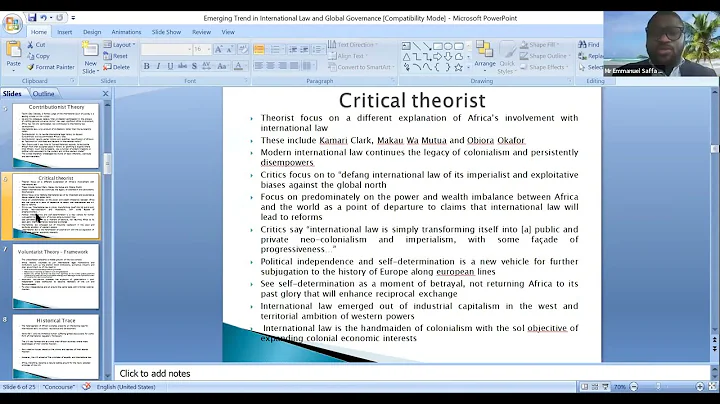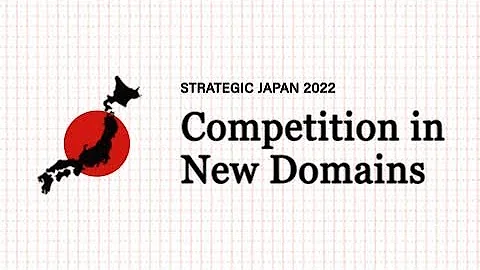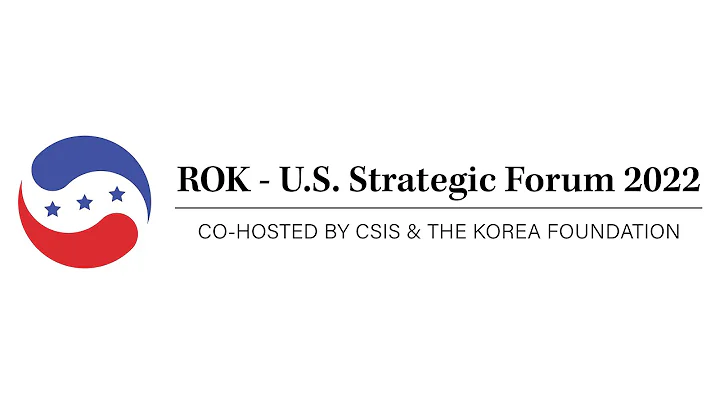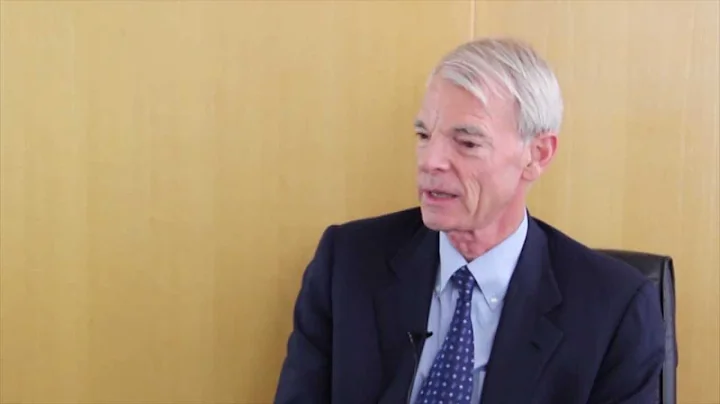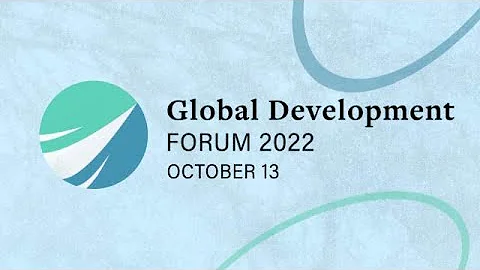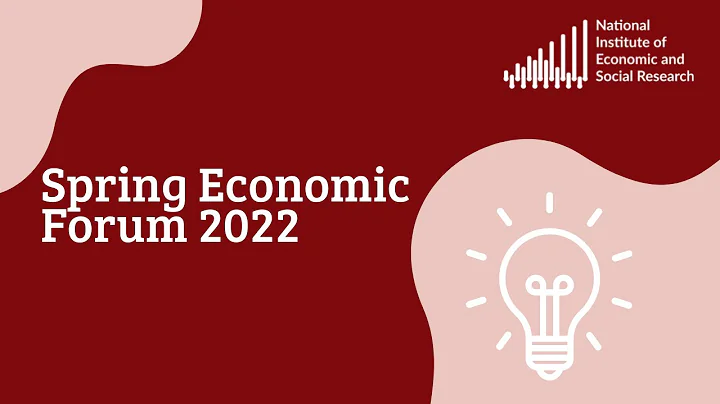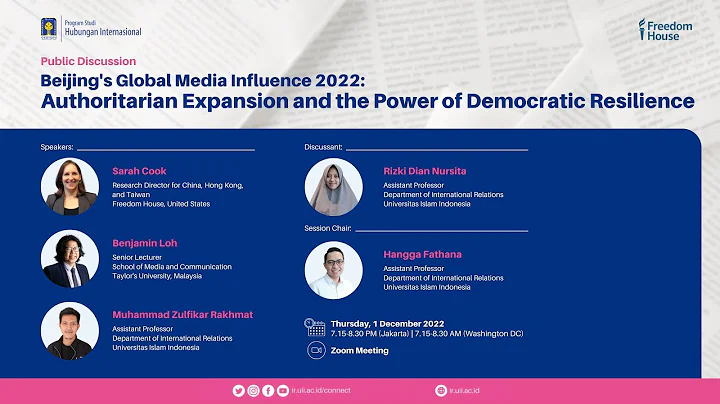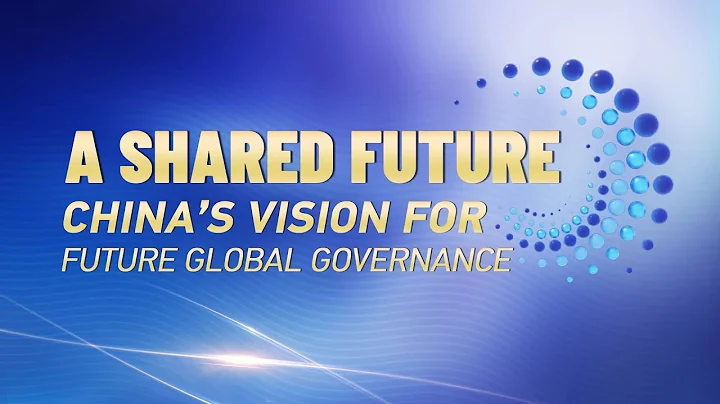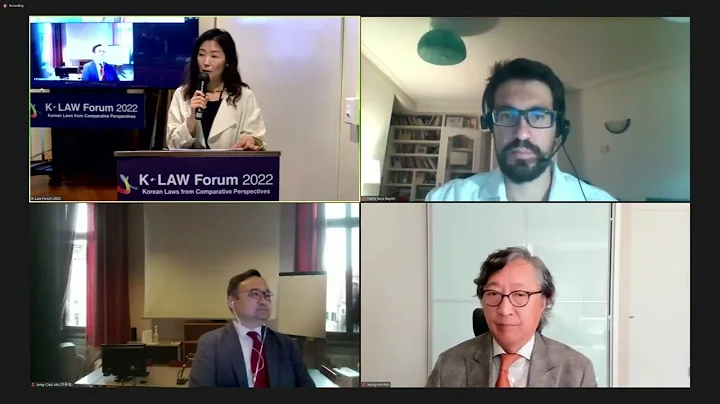On April 2, 2022, the Global Governance Forum (Spring 2022) hosted by the Chongyang Institute for Financial Studies of Renmin University of China (RUC Chongyang) was successfully held in Beijing. "Big Killer?" will be released at the meeting. Research report "Assessment and Implications of U.S. Sanctions on Russia", a number of experts in the political, economic and financial fields jointly discussed the far-reaching impact and implications of U.S. sanctions on Russia on the world. Wu Jian, former vice president of China Everbright Bank, delivered a keynote speech at the forum. The following is the full text of the speech.

Wu Jian Former Vice President of China Everbright Bank
Several years after the end of the Cold War, the geopolitical landscape has not been reshaped in the direction of the "clash of civilizations" identified by Western prophets. On the contrary, "zero-sum thinking" and "hegemonism" still dominate the global political economy. Since the outbreak of the Russia-Ukraine conflict, in addition to military intervention, Western societies represented by the United States have continuously increased economic and financial sanctions against Russia. In fact, since the Crimean crisis in 2014, the West has imposed nearly 100 rounds of economic and financial sanctions on Russia. This time, they continue to adhere to the orientation of focusing on financial sanctions, which has had an important impact on Russia's international balance of payments, import and export trade, foreign exchange balance and even macroeconomic stability. At the same time, it has also had serious negative spillover effects on the global economy and finance. Russia is tit-for-tat and unafraid. The game methods and weapons used by both parties subverted our understanding, sounded the alarm for financial security, and gave us many profound revelations.
Enlightenment 1: The background of this round of financial sanctions highlights the inevitability of financial power in geopolitical conflicts. It is necessary to understand and grasp the national "strategic toolbox" and strengthen the strategic awareness of national financial security.
This round of sanctions originated from the conflict between Russia and Ukraine, but is actually the product of geopolitical competition. Over the past 30 years, economic globalization has accelerated global cooperation and coordination and promoted the development of the world economy. At the same time, it is a double-edged sword that impacts the original international political structure and makes the world political structure more complex and unstable. It is against this background that the Russia-Ukraine conflict emerged. The war between Russia and Ukraine is on the surface a competition between Russia and Ukraine, and at its core is a game between the United States and Russia. In essence, it is a reshuffling of the international political landscape. As the core of modern economy, finance also plays an important role in the international political landscape. Financial sanctions embody the country's financial power. They are not only a commonly used external tool to safeguard national strategic security, but also an effective means of great power competition. As long as geopolitical conflicts exist, the existence of financial sanctions will be long-term and inevitable. From this perspective, the current complex situation has caused China's financial security environment to encounter unprecedented challenges. The top priority is to be prepared for danger in times of peace, fully understand and use the country's strategic tools, strengthen national financial security awareness, and meet the current challenges. On the one hand, we must implement the overall requirements of our country's diplomatic strategy, safeguard our country's sovereignty, security and development interests, and promote world peace and development. Actively advocate multilateralism and establish a new security concept with mutual trust, mutual benefit, equality, and collaboration as the main content, oppose hegemonism and power politics, oppose all forms of terrorism, and promote the development of the international order in a more fair and reasonable direction. In the rise of peace, try to avoid purely confrontational conflicts. At present, we must especially prevent the recurrence of geopolitical conflicts in Asia, prevent Western society from introducing camp opposition in Asia, refuse Asia to become a chessboard for geopolitical games, unite all forces that can be united, and resolve possible crises, disputes, and conflicts in the bud. On the other hand, we must resolutely implement the country's "14th Five-Year Plan" economic development strategy and continuously improve the country's comprehensive national strength. This is the only choice to deal with all challenges and sanctions. Development is the last word, and this is the aspiration and consensus of hundreds of millions of Chinese people. Of course, this kind of development must be coordinated, safe and high-quality development. Compared with Russia's strategic advantages in energy, food and military, this kind of overall planning and security development must focus on key points and make up for shortcomings, so as to ensure a favorable position in responding to challenges and sanctions. After decades of reform and opening up, China's economy and finance have fully integrated into the world and become the ballast stone of relations with many countries.This close, two-way economic and trade relationship is an important reason why it is difficult for the Western economy to decouple, and it is also the key to preventing cutting sanctions.
Enlightenment 2: This round of financial sanctions still follows the hegemonic logic based on the integration of "financial hegemony" and "long-arm jurisdiction." We must be brave and good at using the "legal toolbox" and insist that counter-sanctions measures comply with the law.
After the end of the Cold War, the United States often considered itself the winner. They generally believe that historical development and the inevitable trend of democratization are important reasons for the collapse of the centralized system. At the same time, hegemonism is the fundamental solution to all problems in the world. The United States is the final judge of domestic changes in countries around the world and should use force to enforce its own solutions in troubled areas of the world. As a result, the United States frequently places its domestic laws above international laws and rules, pushing the law of the jungle and hegemonism to the extreme. Therefore, it is obvious that the logic of US financial sanctions is reflected in financial hegemony and long-arm jurisdiction. The foundation of U.S. financial hegemony is determined by the special status of the U.S. dollar as the international monetary center. Especially after the collapse of the Braden Woods system in 1971, the U.S. abandoned the linkage of the U.S. dollar to gold, and its exercise of financial hegemony became more willful; long-arm jurisdiction As a weapon for its political manipulation and maintenance of hegemony, it often weakens the status of international law and attacks competitors under the banner of so-called maintenance of national security, national order and human rights. The two are integrated, and sanctions not only apply to the local area, but also extend to foreign institutions and individuals with various ties to the United States.
To deal with this kind of power logic, we can only treat others in their own way and treat them in their own way on the premise of complying with international practices and rules. Last year, our country introduced the Anti-Foreign Sanctions Law to safeguard national sovereignty, security, and development interests, to protect the legitimate rights and interests of our citizens and organizations, to defend the principles of national sovereign equality and non-interference in internal affairs under international law, and to oppose hegemonism and power politics. . This law complies with international law and basic norms of international relations, complies with obligations under the Charter of the United Nations and international law, and enriches the legal "toolbox" to respond to challenges and prevent risks around counter-sanctions, counter-interference, counter-long-arm jurisdiction, etc. . It not only solves the legal basis for blocking and promptly prevents the possible damage caused by illegal foreign sanctions, making the sanctions ineffective, but also solves the legal basis for counter-sanctions. For the other party's sanctions, you can choose equal sanctions or more severe sanctions according to needs according to law. Counter sanctions. The series of legal tools provided by this law will surely become a weapon for financial counter-sanctions.
Enlightenment 3: The game between financial sanctions and counter-sanctions has subverted the traditional financial mindset. It is necessary to accurately and properly use the "financial policy toolbox" to build an accurate, stable and ruthless blocking mechanism against financial sanctions.
This round of financial sanctions against Russia is the most severe in history, and Russia’s countermeasures are also quite fierce. The action taken by both sides is no less than a nuclear war in the financial field. Its impact is completely beyond imagination and even subverts traditional thinking.
After years of economic globalization, the world's economy and finance are in harmony. Europe's irreversible energy dependence on Russia and the interdependent global supply chain and industrial chain determine that this financial game must affect the whole world. In the short term. The Russian and Ukrainian economies have been severely hit, and the European economy has been severely affected, but the United States has won a lot. In the long run, it is unlikely that Russia will be crushed by this round of economic and financial sanctions. On the contrary, the sanctions will backfire, and the global economy will be hit again in the fragile balance. In fact, these extreme practices such as freezing foreign exchange reserve assets, kicking out the Swift system, financial hunting, freezing cryptocurrency, etc. have seriously impacted traditional financial thinking, civilization and order, and deviated from the borderless and decentralized technology established by Internet finance. ization, free trade and other principles, it will eventually be accused of betraying the spirit of the contract, destroying basic rules, and trampling on democracy and the rule of law. Obviously, this game is a road show for geopolitical conflicts to trigger a financial security crisis, and its vivid manifestation has sounded a wake-up call for the world.
Based on the above challenges, the response strategy must be prepared for rainy days. It is necessary to accurately use a combination of financial policy tools to ensure the security of national foreign exchange reserves, strengthen the RMB internationalization strategy, seize the level of digital currency technology, and establish a relatively complete and smooth international balance of payments settlement. Alternative channel to reduce reliance on US dollar clearing. First, regarding the "dollar trap" security issues caused by the accumulation of foreign exchange reserves, it is necessary to establish a dynamic adjustment working mechanism to diversify the allocation of foreign exchange reserve assets held to reduce the excessive issuance of currency by the Federal Reserve, high inflation or the decline in the purchasing power of the U.S. dollar. The risks posed by the U.S. freezing of China’s U.S. dollar assets. At the same time, the pace and proportion of this structural adjustment must be controlled to avoid being said to turn U.S. debt into a weapon that threatens or attacks the United States, triggering retaliation or financial sanctions, and to avoid suffering the short-term consequences of a massive sell-off in U.S. debt prices. second, regarding the security issues caused by prohibiting the use of Swift and the US dollar clearing system, closing accounts, and freezing funds, we must seek to establish a The multi-channel parallel working mechanism of the RMB cross-border payment system must prevent the impact of the "nuclear weapons" of financial sanctions. Third, regarding the security issues caused by the internationalization of the RMB and the competition with the US dollar, the key is to choose a good path to realize the internationalization of the RMB and promote the internationalization of the RMB in an orderly manner. In the framework of strategic competitors defined by the United States, the competition between the RMB and the US dollar is more reflected in the level of strategic influence rather than the level of currency functions. Therefore, it is very important to choose the path of RMB internationalization. This creates conditions for unnecessary competition. From this point of view, the RMB internationalization path that chooses "settlement-investment-reserves-valuation" will face less resistance from European and American countries, and the settlement currency function has thus become an important cornerstone of RMB internationalization. Fourth, regarding the security issues caused by overseas listed companies being hunted or ordered to withdraw from the market, it is very critical at this stage to establish a smooth bilateral or multilateral communication working mechanism with governments or financial regulatory authorities. This round of sanctions against Russian overseas listed companies and the strong suppression of Chinese concept stocks in the previous period have indeed sounded the alarm for us. On the one hand, we must persist in continuing to open up to the outside world and support all types of companies to list overseas. At the same time, it is necessary to establish open communication channels and mechanisms with the country’s government and financial supervision. At present, it is difficult for the US and European economies to completely decouple from China, which has laid the foundation for communication. On the other hand, it is even more urgent to improve the construction and interconnection of the capital markets in Hong Kong and the mainland.
Revelation 4: The game of financial sanctions and counter-sanctions has a strong impact on the world's economic and financial landscape. We must choose a rational and prudent approach to actively participate in and promote the reform and innovation of the global financial governance system.
The conflict between Russia and Ukraine has put economic globalization under severe test, and the world economic and financial landscape is also facing profound changes. Regardless of whether this round of financial sanctions wins or loses, it shows signs of disorder in the U.S.-led international order and cracks in the foundation of U.S. hegemony, which has led to profound changes in the international monetary and financial system. First of all, the hegemony of the US dollar must be counterattacked. With the excessive overdraft of U.S. credit and the willfulness of monetary policy, the foundation of the international credit and currency system with the U.S. dollar as its core has been shaken, and de-dollarization has become a trend. In particular, the ruble anti-sanctions measures adopted by Russia this time directly challenge the "petrodollar" with "natural gas rubles" and "gold rubles". If other energy major countries follow suit, the status of the US dollar will face severe challenges; secondly, the marginal benefits of financial sanctions Decreasingly. The game between financial sanctions and counter-sanctions has brought disorder and chaos to the global economy and finance. It is difficult to accurately measure the outcome. At most, one thousand enemies will be killed and eight hundred will be lost. The actual effect of sanctions is greatly reduced. At the same time, U.S. financial capital and oligarchs who pursue profit will not let things go their own way; third, the hegemony of the United States in global politics and economy is being challenged.In response to the conflict between Russia and Ukraine, a series of actions and performances by the United States all reflect "hegemony first" and "America first." This will inevitably lead to more and more countries uniting against the United States. Even the Western alliance is not monolithic, thus making the original vague The unclear world power pattern will be reshaped, and the unipolar international order dominated by the United States will gradually turn into a multipolar international order. This will be the biggest impact on the post-Cold War global political and economic pattern.
It needs to be emphasized that although the conflict has caused profound changes in the international political and economic landscape and affected the hegemony of the US dollar to a certain extent, it has not fundamentally changed the role of the United States in the global governance system. They still have an important voice in major international financial institutions such as the IMF, the Bank for International Settlements, the World Bank, and the Financial Stability Board. At the same time, they have important opinions on the Basel Accord, the Insurance Core Rules, and the Securities Management Objectives and Principles. It plays a leading influence in the formulation of important international financial rules. Therefore, in the face of the current turmoil in the global political and economic landscape, how China resolves potential financial crises and plays an important and positive role on the international economic and financial stage is a touchstone that tests China's political wisdom and governance capabilities.
To be honest, China has not been integrated into the global financial governance system for a long time, and it is difficult for it to play an important decision-making role in a short period of time. However, we cannot passively and simply integrate into the system, nor can we be dogmatic or accept all the existing ones. international financial rules. We must take advantage of China's growing comprehensive influence in the global political economy, actively participate in and promote the reform and innovation of the global financial governance system, and reform existing unreasonable rules and systems. For example, we must continue to choose to cooperate with Swift, At the same time, we must actively promote the depoliticization of Swift and strengthen its professional and neutral stance. Actively establish or upgrade some new international systems related to regional financial cooperation. Let more emerging countries, including China, have a voice and want to share the results of global financial governance reform and innovation, and contribute to creating a more equitable, just and reasonable international order.
Editor: Jiang Xinyu
